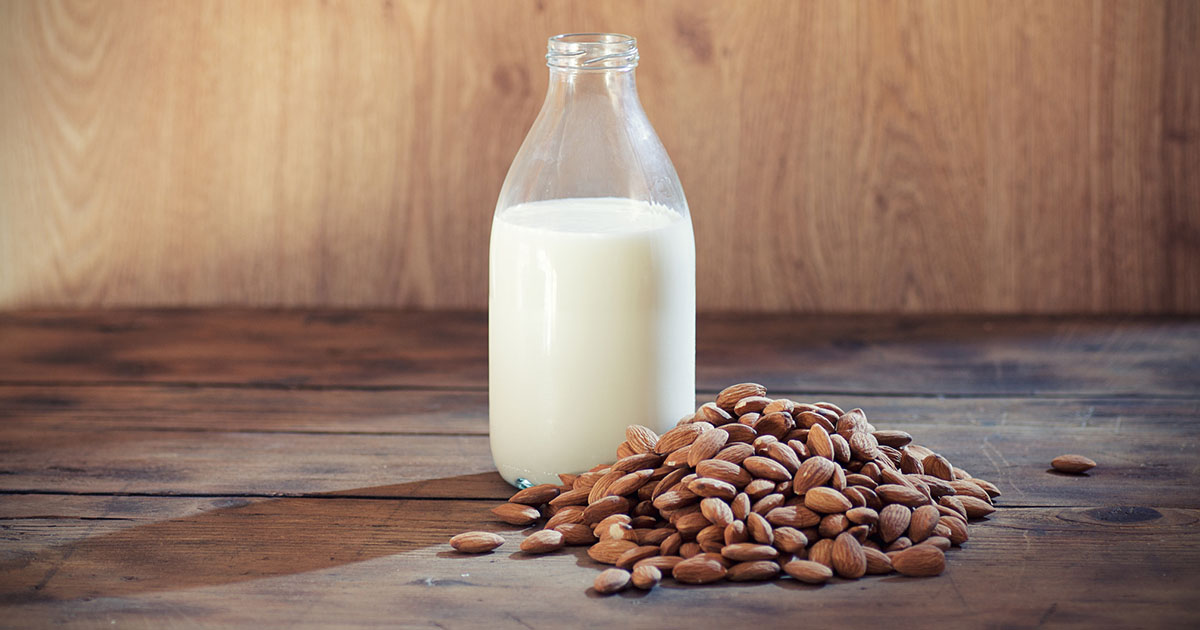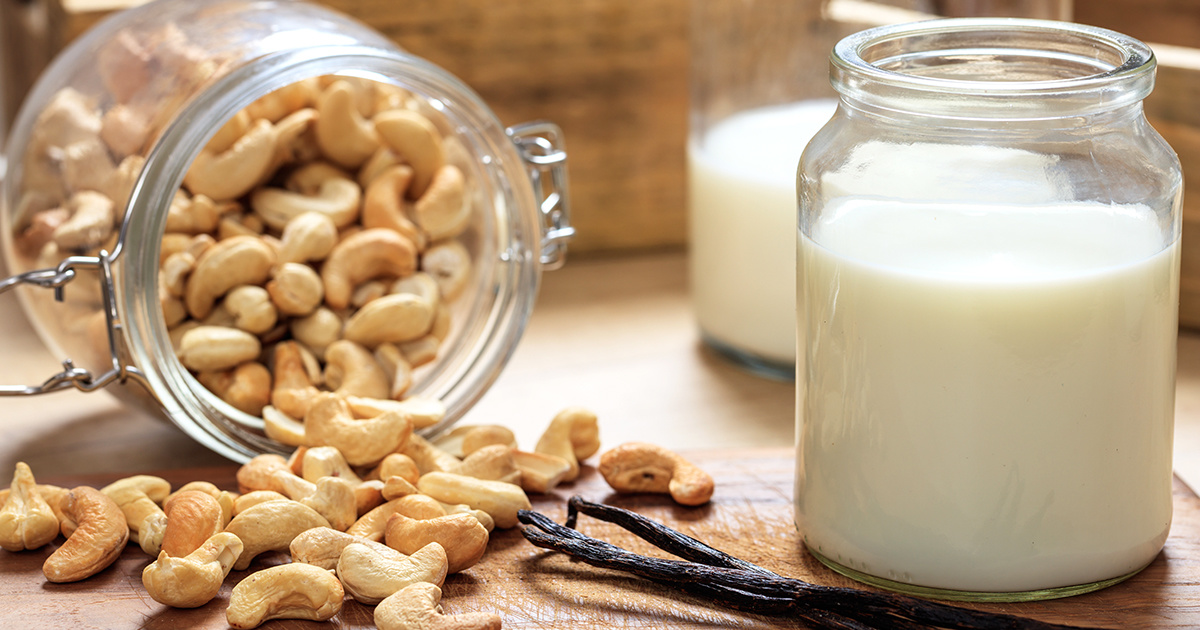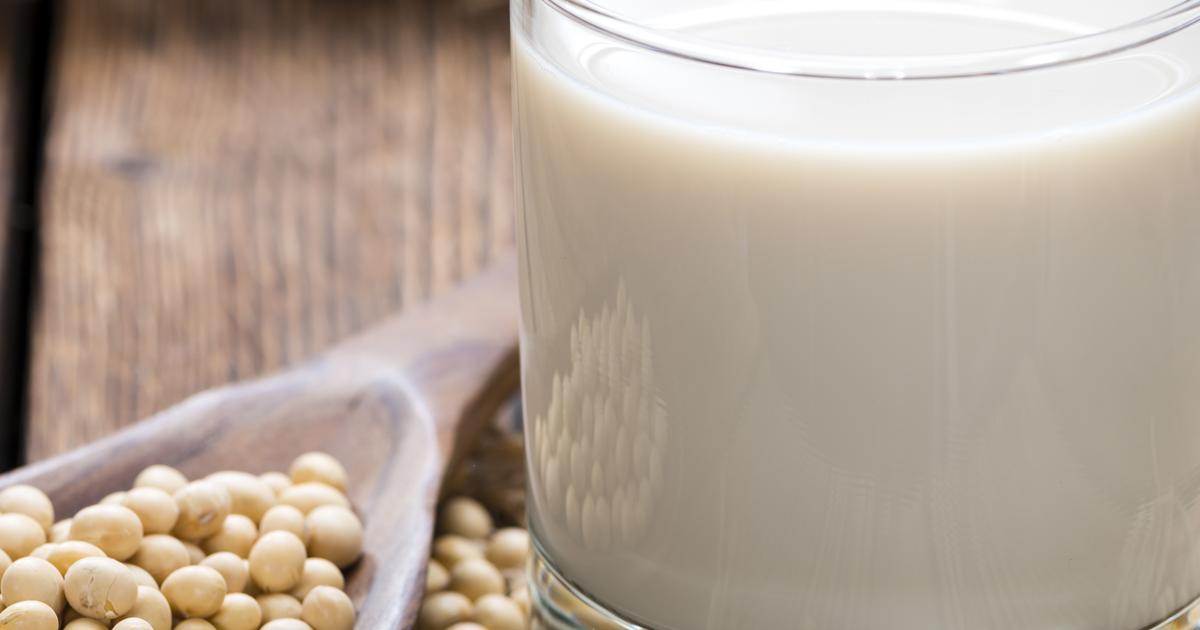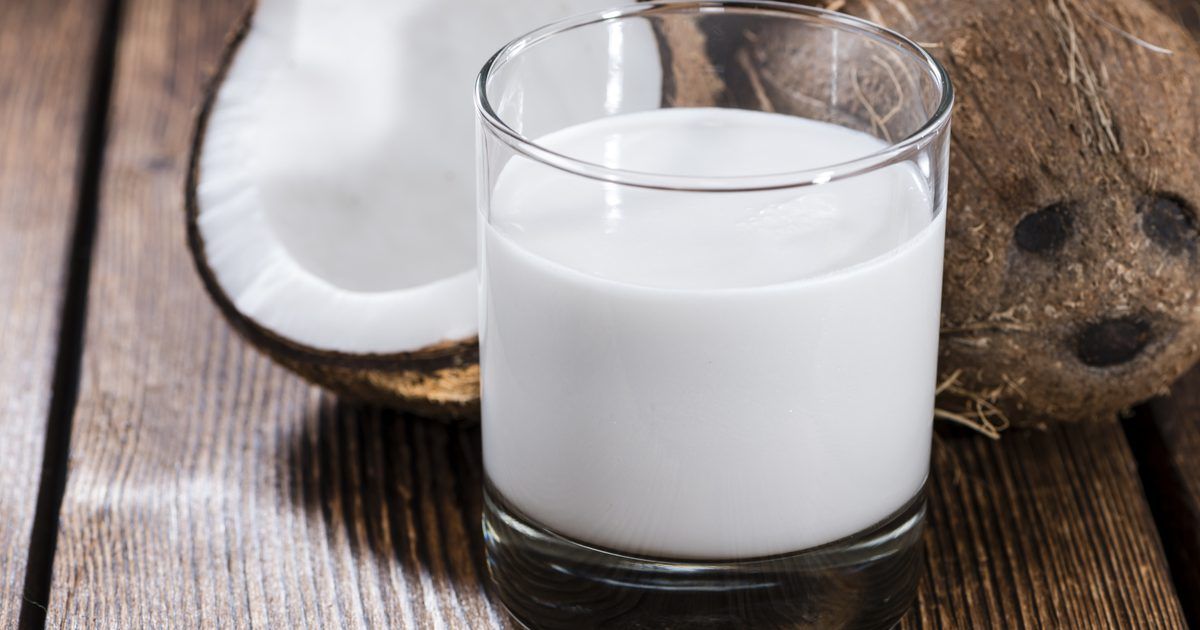Guide To The Common Alternatives To Regular Milk
There are various reasons individuals seek out alternatives to cow's milk. Some look for a non-dairy version because they are lactose intolerant. Others may have a milk allergy and are unable to drink cow's milk or may be looking for a milk alternative with fewer calories than cow's milk. Additionally, some individuals simply don't enjoy the taste of cow's milk or are looking for a vegan-friendly option. Regardless, whatever the reason for searching out an alternative to cow's milk, you want to find a drink that is both nutritionally balanced and has a pleasant taste. We have compiled a list of some popular milk alternatives including details on their contents and health benefits, so everyone can make the most appropriate choice for their needs.
Almond Milk

Almond milk is a popular choice for individuals looking for a milk alternative without a lot of calories. With only about thirty-five calories in a cup, this milk alternative has fewer than half the calories of a glass of cow's milk. It is made by grinding almonds and water. Most of the time, a sweetener is also added during production, though there are unsweetened varieties of almond milk.
Almond milk is a good source of vitamin E, which can help protect the body from various diseases. However, this milk has less protein than a glass of cow's milk, so it is a trade-off. Almonds are full of healthy fats and fiber, so when individuals choose to drink a glass of almond milk, they are receiving the benefits from these components as well. Almond milk is typically creamy with a sweet and slightly nutty flavor. If an individual doesn't like the taste of nuts, this may not be the milk alternative for them.
Learn about the next popular milk alternative now.
Cashew Milk

Cashew milk is another milk alternative made from nuts. To make this milk, the cashews are soaked in water, ground into a paste, and mixed with water. It is another very low-calorie milk alternative as it only has about twenty-five calories per cup.
Cashews are high in protein; however, through the process of making them into milk, most of the fiber gets removed. The process only leaves about one gram of protein in the finished cup of milk. However, a benefit of this milk when compared to cow's milk is it does not contain natural sugars, so it is a good option for diabetes patients or other individuals who need to watch their blood sugar. Cashew milk also has a creamy texture. It also has a nutty flavor to it, but it is not overly strong. Remember, this milk is made from cashews, so it is not appropriate for individuals allergic to tree nuts.
Keep reading to discover more milk alternatives now.
Soy Milk

Soy milk is one of the most popular milk alternatives for individuals looking for a dairy-free option. This alternative to milk is made from soybeans. There are many different companies that make this type of milk and individuals can typically find it in both sweetened and unsweetened varieties, along with vanilla and chocolate flavors in addition to the original form.
Compared to other milk alternatives, soy milk is one of the most nutritionally similar to cow's milk. In the production process, vitamins D and A are normally added to the soy to mimic the nutrients of cow's milk. Like cow's milk, it also contains a good amount of protein, normally between eight and ten grams. This milk alternative typically has between eighty and ninety calories per cup. It also provides the body with essential amino acids. Some individuals are reluctant to eat or drink soy products because they are worried about the effects soy can have on the body. However, no research studies have conclusively shown eating or drinking moderate amounts of soy is dangerous.
Get the details on another alternative to cow's milk now.
Oat Milk

Just as the name suggests, oat milk is made from oats. More specifically, the oats are soaked in water, blended with the water, and then strained. This milk has a sweeter flavor than cow's milk. It typically works well as a substitute in the place of cow's milk in recipes. Oat milk has a sweet taste and does not have an overly powerful flavor. Many individuals enjoy using it to make a fruit smoothie or pouring it over their morning bowl of cereal.
This alternative to milk is often higher in calories than cow's milk, so if individuals are looking for a lower-calorie milk alternative, oat milk might not be their top choice. A cup of this milk typically has between 140 and 170 calories. It also has less protein than cow's milk. However, this milk still has less fat than a glass of cow's milk. It is also a good source of fiber and may be able to lower cholesterol levels. Some varieties of oat milk are also made gluten-free, which is great for individuals dealing with celiac disease.
Learn more about alternatives to traditional cow's milk now.
Coconut Milk

Coconut milk is often a good choice for individuals with food allergies or a gluten sensitivity, as it is nut, soy, and gluten-free. This milk has a relatively similar texture to cow's milk. Coconut milk is higher in fat than cow's milk and many of the other milk alternatives. It also is not as nutritious as cow's milk, since it has much less protein and calcium. On the other hand, with only forty-five calories, it has about half the calories of a glass of cow's milk. The fats it contains, however, are largely considered healthy fats and come with many benefits, including those related to heart health.
This milk alternative is made by pureeing shredded coconut with water. It is a popular choice for adding to recipes, like soup, and its flavor can really help enhance a meal.